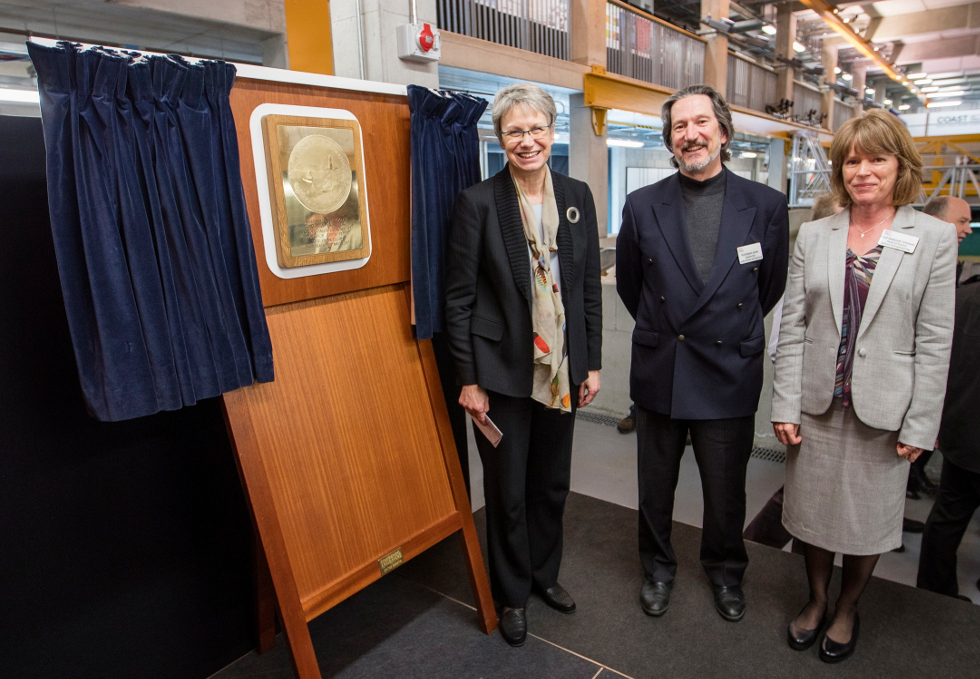
The new School expects to build on the University’s existing reputation for research across marine renewable energy, coastal engineering, autonomous marine systems, structures and materials, while developing new commercial partnerships and research collaborations.
It also plans to enhance the academic programme, which currently sees around 1,000 students working across subjects including Civil and Coastal Engineering; Mechanical, Marine and Materials Engineering; and Navigation and Maritime Science.
According to the University, it will seek also to expand use of existing research facilities on the Plymouth campus, such as the Coastal, Ocean and Sediment Transport (COAST) Laboratory and the Plymouth Electron Microscopy Centre, while exploring opportunities to develop new centres of excellence.
Prof Deborah Greaves, head of the School of Engineering, said: “The new school will enable us to build on what we do already, growing in a way that meets the national demand for engineers while identifying new ways in which those skills can be applied.”
The University’s programmes in engineering were previously operated through the School of Marine Science and Engineering, and the marine element will remain a key focus of teaching and research. But it is now planned to expand its reach across the sciences and into elements of the arts, architecture, medicine and dentistry.
Prof Kevin Jones, Executive Dean of Science and Engineering at the University, said: “With the opening of the new School of Engineering, the University is taking an important step in supporting the growth of STEM in the region. We are committing to new and innovative approaches to engineering education and research, building on the excellent strengths and facilities that we already possess.”




April 1886: the Brunkebergs tunnel
First ever example of a ground source heat pump?